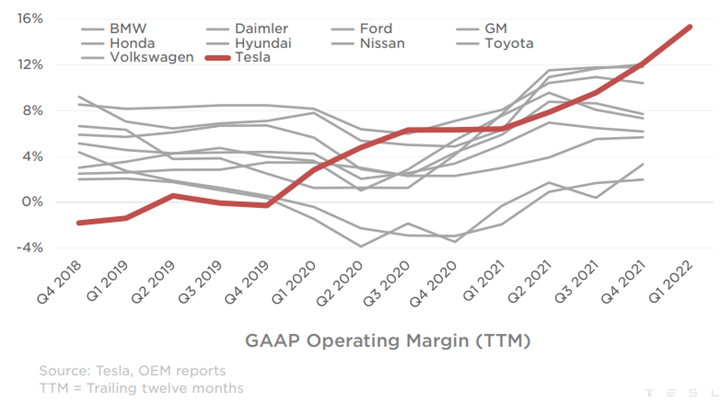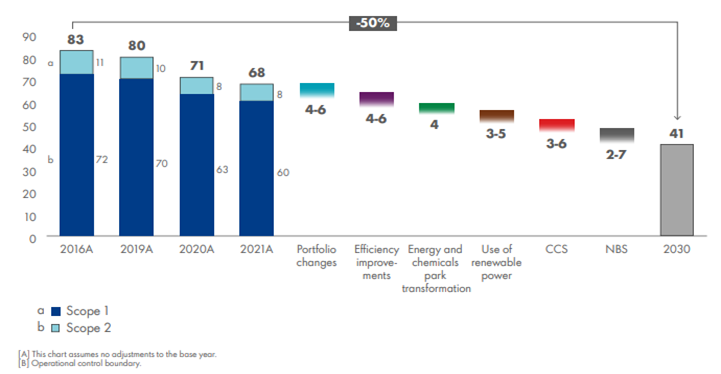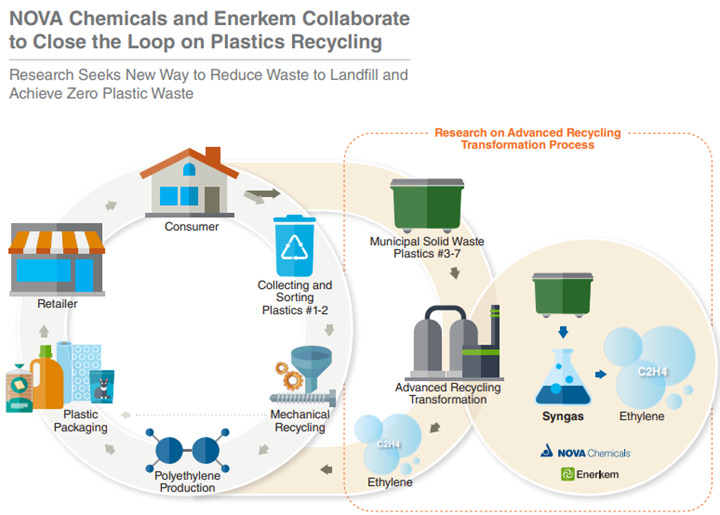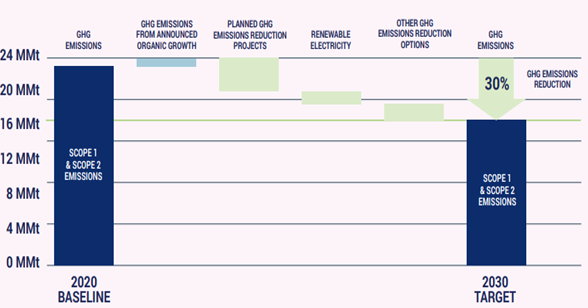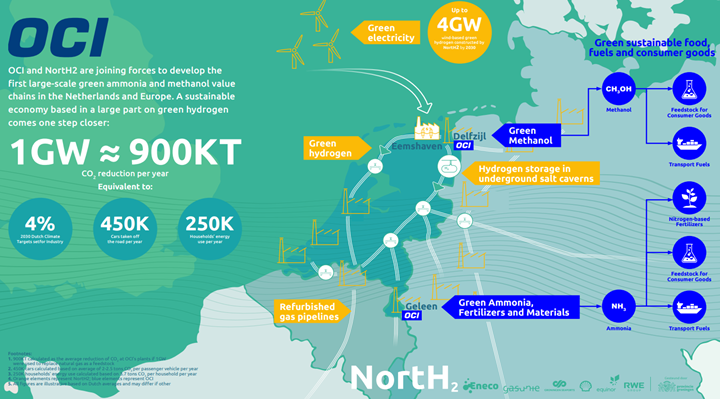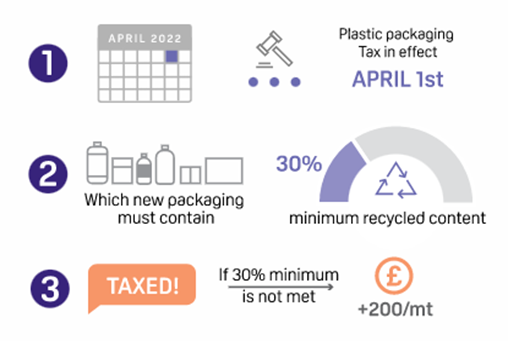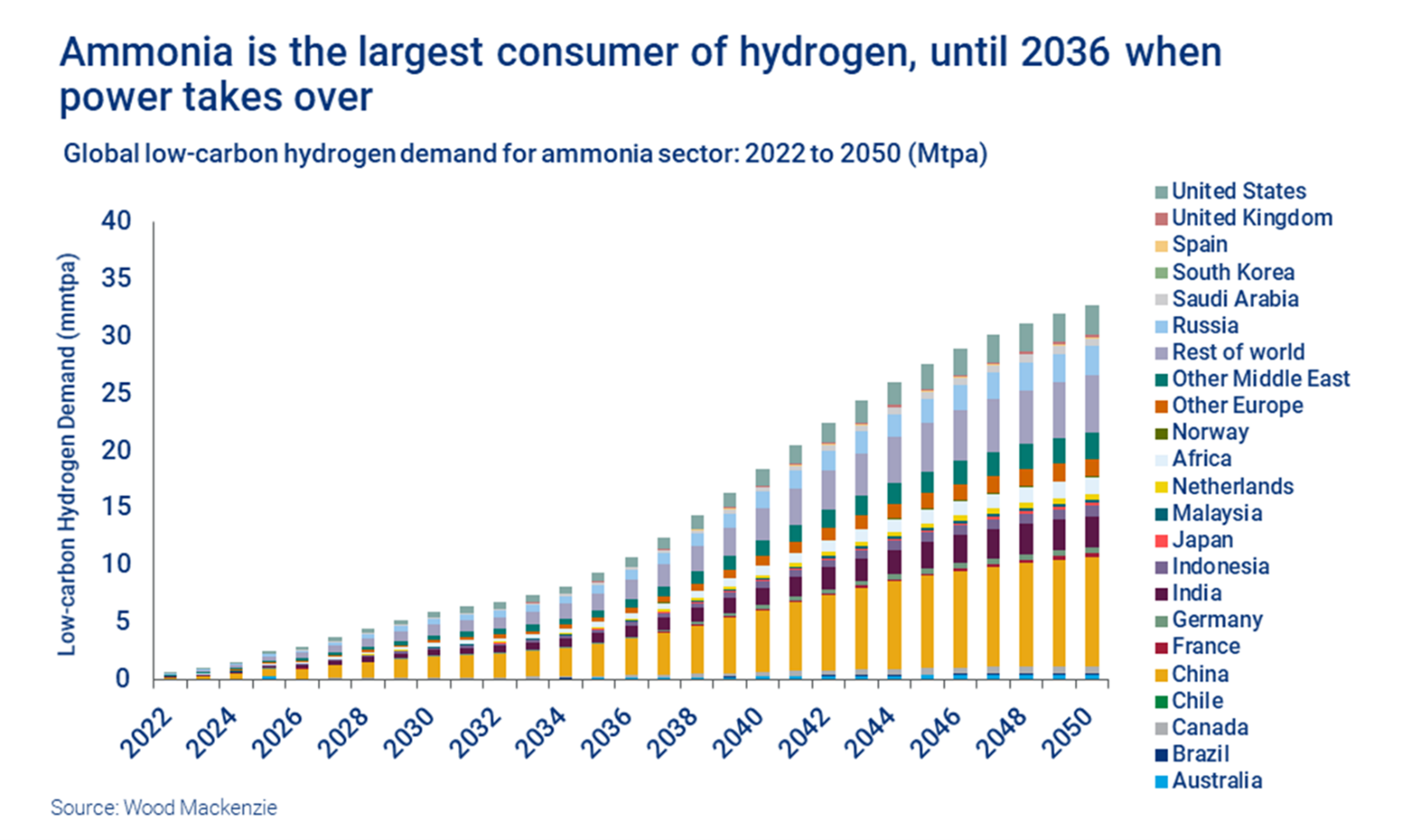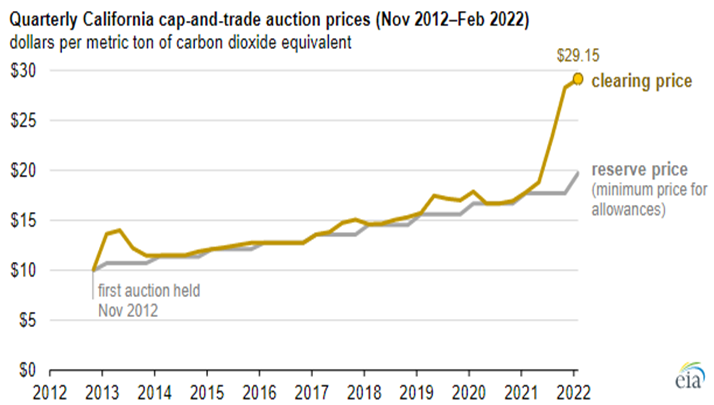The Colgate Palmolive sustainability and social impact report is very comprehensive, and we like the comprehensive inclusion of water security towards the end. The challenge for all corporates that set goals like those outlined below will be the elements that they cannot control – something we discussed at length in this week’s ESG and Climate report with a focus on sustainable fuels. We cannot pursue renewable power as fast as we would like without supportive policy around materials investment – Colgate Palmolive will not be able to get to 100% renewable power by 2030 if it is either not available or prohibitively expensive because of competition. The company will also not be able to meet its sustainable materials goals of the sustainable goals that need to come from crops. We do not have a radically different farm policy. The goal to achieve 100% recyclable reusable or compostable plastic packaging by 2025, is very ambitious and has some negative ramifications for the compounders, who will likely lose volume, and positive ramifications for compostable polymers.
Colgate Palmolive: A Bold Agenda But Markets Will Need To Cooperate
Apr 22, 2022 2:53:48 PM / by Graham Copley posted in ESG, Climate Change, Sustainability, Renewable Power, recycle, water
Tesla Margins Should Scare The Competition. Dow Details Decarbonization
Apr 21, 2022 2:53:05 PM / by Graham Copley posted in ESG, Sustainability, LNG, Electric Vehicles, Dow, carbon values, EV, manufacturing, Tesla, ESG pledges
Tesla is on a roll, and showing other EV makers what is possible. The company priced its vehicles to be profitable at lower volumes and is currently seeing the benefit of scale, likely to be enhanced further as the manufacturing footprint grows. While the operating margin below looks very good, we would note that Tesla is not done scaling yet so there is considerable upside to the margin, most likely. One obvious conclusion from this analysis is that Tesla has plenty of wiggle room on pricing should macro conditions impact new car sales or should other EV makers try to steal share with pricing. Tesla has built a huge first-mover advantage in EVs and this will likely benefit the company for many years to come as long as they keep making vehicles that people want.
Shell Saying All The Right Things, But Likely Not Enough
Apr 20, 2022 2:24:59 PM / by Graham Copley posted in ESG, Carbon Capture, Climate Change, Sustainability, LNG, CCS, CO2, Energy, Shell, fossil fuel, carbon values, energy transition, carbon intensity
Shell issued its 2021 energy transition progress this morning and the report contains a lot of detail about what Shell has done so far and what the company intends to do. The report is a record of progress and intent and is targeting both general stakeholders as well as the Shell board and annual meeting, where approval of the plan will be sought. When compared with other reports we have seen from other companies, this summary is comprehensive. It provides some concrete steps to achieving emission goals in 2030 – exhibit below - while remaining appropriately vague about getting to 2040 and 2050 targets. However, we would note how much portfolio changes likely added to the 2016 to 2021 progress – likely proportionately much more than they are expected to contribute from 2022 to 2030. Both renewable power and CCS figure in the 2030 projections below and Shell will need to get moving on the CCS front of it is to sequester 3-6 million tons of CO2 per annum by 2030. The expectations are likely based on the European offshore projects, as it may take longer than 8 years to get permits and investments in place in the US. The US could move faster but the EPA would likely need to grant primacy to at least Louisiana and Texas for things to speed up and we are not convinced that this will happen soon. Like many of the other company 2030 plans that we have seen, it is likely that much of Shell’s progress will come in the last couple of years of the decade – especially on CCS.
Demand And Infrastructure For SAF Is Likely Well Ahead Of Supply
Apr 19, 2022 1:34:16 PM / by Graham Copley posted in ESG, Climate Change, Sustainability, IEA, renewable energy, EVs, materials, sustainable aviation fuel, renewable fuels, fuel, material shortages, carbon intensity, battery, nickel, SAF, airlines
In our ESG and Climate report tomorrow, we will focus on SAF from a carbon intensity perspective. The Colonial pipeline initiative was inevitable given the demand for jet fuel at the East Coast airports. Still, we would not expect much volume to move in the near term for several reasons. First, there is not that much to move, and second, California can still pay more because of the LCFS credit. The Biden administration is planning to introduce a broad SAF credit which would help encourage use outside California, but this would also need to stimulate production as the volumes are still small and much smaller than the airlines would want – even the projection of volumes by bodies like the IEA fall well short of potential airline demand by 2030 and 2040. This is an investable theme, in our view, and we will discuss it in more detail tomorrow.
More Standardization In Packaging Is Needed To Boost Recycling
Apr 14, 2022 3:59:49 PM / by Graham Copley posted in ESG, Recycling, Climate Change, Sustainability, packaging, standardization
As we look at the news flow on recycling, we see many initiatives to collect, sort, and reuse polymers, whether for like-for-like applications, pyrolysis, or energy. What we do not see enough of, in our view, are initiatives to increase the pool of recycled plastics through packaging standardization or the elimination of compounds or colors that make recycling more challenging. Recycling can be improved by better collection and sorting methodologies and technologies. Still, the rate-limiting step will eventually be the pool of materials fit for recycling, and this is particularly important for like-for-like mechanical recycling. The ironic piece here is that the consumer staples and beverage companies call for higher recycled content and are primarily responsible for the amount of recyclable material in the market. If the packagers were to focus on sustainability rather than the unique look and feel of their packaging, we would see a material change in the volumes of recyclable polymers. This might come at the expense of some of the compounders, especially those with an extensive packaging component to their customer base, but it might also impact specific polymers and we would highlight polystyrene as a particularly vulnerable material as almost any application for which polystyrene is used today could be replaced with PET, polyethylene and/or polyethylene – all of which are larger volume polymers that are easier to recycle. The polystyrene industry is doing a good job of promoting recycling initiatives, but this may not be enough.
Many Of The 2030 Climate Targets Will Not Come Much Before 2030
Apr 13, 2022 3:14:36 PM / by Graham Copley posted in ESG, Hydrogen, Carbon Capture, Climate Change, Sustainability, CCS, CO2, Renewable Power, Emissions, ExxonMobil, LyondellBasell, Dow, carbon abatement, renewable fuels
Given the lead time to get some of the emission abatement projects in place – whether it be renewable power or hydrogen with carbon capture – many of the 2030 goals that we see, like the LyondellBasell chart below – are likely to be just that – plans for 2030, with not much in the years in between. We see very little CCS coming online in the US over the next 5 years because of permitting and because of the lead time for any large hydrogen or power project that might be associated with the CCS. Not too many companies seem interested in cleaning up existing CO2 streams and are more interested in building alternative capacity that generates easier to capture CO2 – such as hydrogen from an ATR. These are expensive and long lead-time projects. LyondellBasell, ExxonMobil, Dow, and others might meet their 2030 targets but it might all happen in 2029/30.
Green Hydrogen Ambitions Too Aggressive: CCS Is The Answer
Apr 8, 2022 1:04:23 PM / by Graham Copley posted in ESG, Hydrogen, Carbon Capture, Climate Change, Sustainability, Green Hydrogen, CCS, Blue Hydrogen, Renewable Power, renewable energy
The two charts below today are interesting bedfellows as while one talks about yet more, likely impractical, hydrogen ambitions, the other talks about a possible solution.
A Plastics Tax In The UK That Very Few Will Be Able To Avoid
Apr 7, 2022 12:39:13 PM / by Graham Copley posted in ESG, Recycling, Climate Change, Sustainability, Plastics, plastic tax, recycled resin
Our recent work on recycling - Recycling: Beware Of The Misleading PR – would suggest that the UK treasury will raise quite a bit of money from the plastics tax. We see very little chance of most packaging meeting a 30% recycled content goal any time soon, and possibly ever. We could see an odd dynamic where UK packagers import recycled resin from the EU to meet the minimums. This would then be at odds with EU recycled content goals and would need the EU to do something similar on the tax front to avoid the trade. The EU has a plastic tax in the works and its net effect will be similar to the one in the UK – any trade arbitrage for recycled resin would not likely last long.
Hydrogen Is Likely Not Happening Fast Enough For The IPCC
Apr 6, 2022 12:36:34 PM / by Graham Copley posted in ESG, Hydrogen, Climate Change, Sustainability, LNG, Green Hydrogen, Renewable Power, Ammonia, hydrocarbons, solar, renewable energy, renewables, wind, energy transition, waste, hydro, geothermal
One of the concerns that the IPCC has in its report issued this week is that things are not happening fast enough and the Ammonia analysis in the chart below would support this view. Most of the capacity addition comes post-2030 in large part because project planners cannot see a way to enough cheap power to generate the green hydrogen needed until that time. In our view, since COP26 the transition part of the energy transition has been overwhelmed by advocates of green technology and renewable pathways without much thought about how practical they might be today. Those suggesting transition options are being given very little airtime and as a consequence, we see broad hostility towards anything that is not truly green, regardless of whether the costs or time frames make any real sense. If we do not embrace bold transitionary steps including the use of hydrocarbons with aggressive abatement targets we will not meet any of the shorter-term goals that the IPCC highlights and we are putting hope in renewable and technology development which may come up short. Related to this we see the LNG dilemma in Europe, with the current and medium-term needs very apparent, but a reluctance to sign up for longer-term supply because of an expectation that if all things renewable come to pass, the LNG might not be needed. The Europeans will need to make the longer-term commitment if they are to persuade the US and other potential exporters to build new export terminals.
Carbon Prices Rising, Wind & Solar Costs Also
Apr 5, 2022 12:32:08 PM / by Graham Copley posted in ESG, Climate Change, CO2, Energy, Net-Zero, carbon abatement, solar, renewable energy, wind, carbon prices
We have written extensively about carbon prices over the last two years and followers of our dedicated ESG and Climate service will know that our expectation is for all CO2 markets to see prices rise to levels that justify large investments to avoid CO2 production or sequester it. We see that price closer to $100 per ton than the $50 per ton that 45Q will rise to by 2026. The California price shown below has much more upside as credits demand rises. Many of the net-zero pledges made by manufacturers and energy producers today cannot be achieved without buying some sort of credit and we expect demand to rise relative to supply through the balance of the decade and possibly quite quickly.



